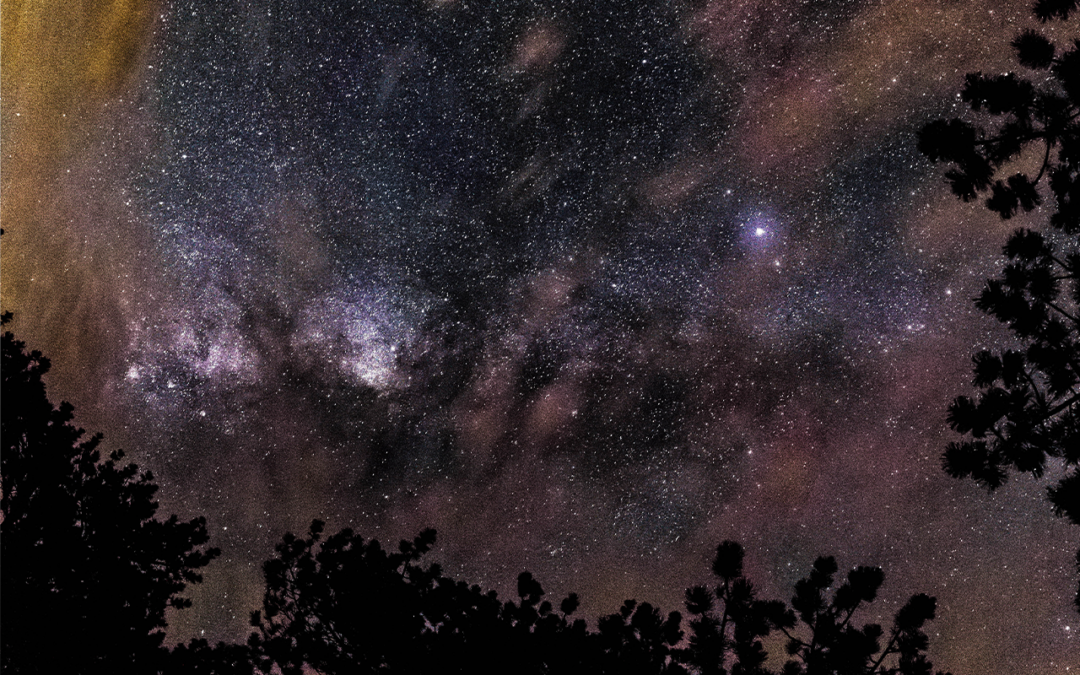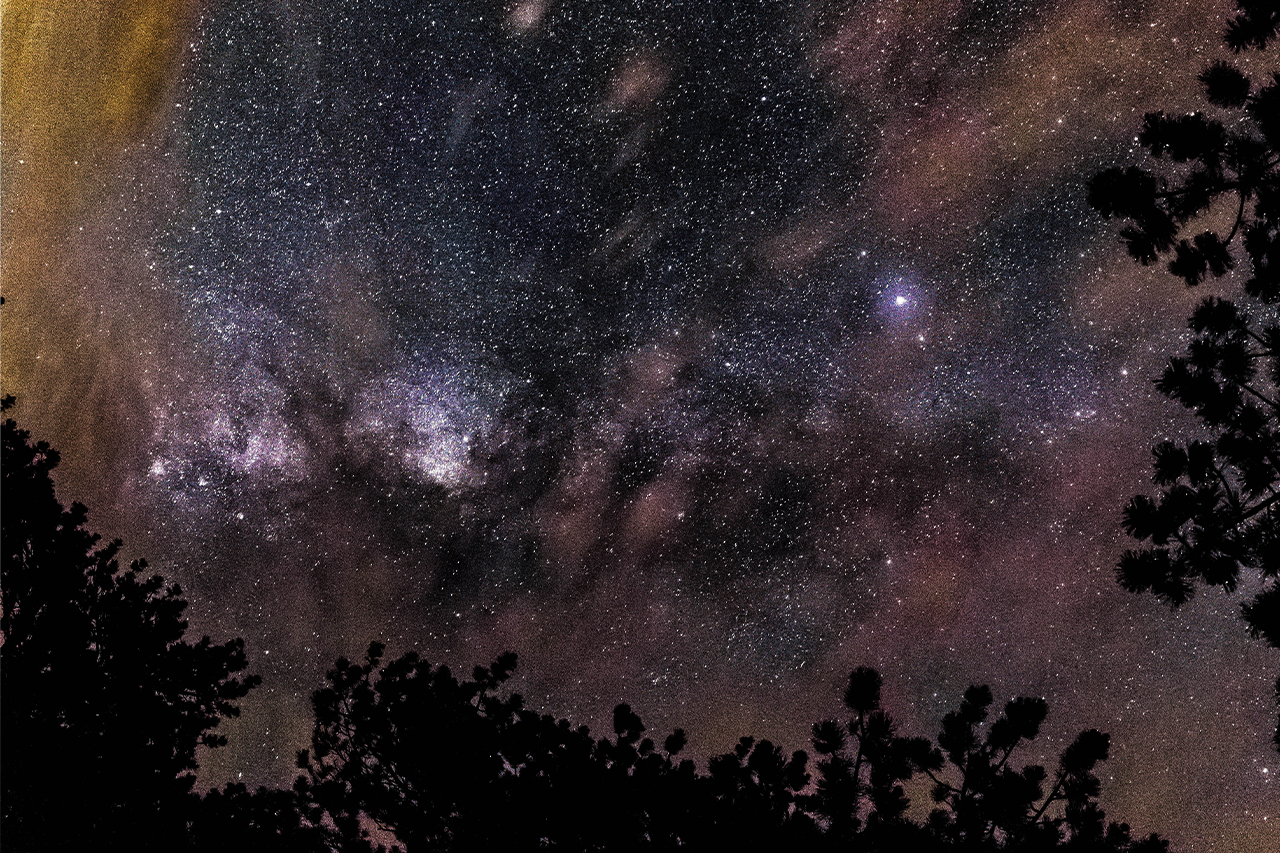The month of February turns many minds to the idea of love. The feast of St. Valentine, who was said to perform secret Christian weddings under Roman persecution, influences our cultural celebration of romantic love. This is much like St. Nicholas, the generous Bishop of Myra, who shapes our cultural celebration of Christmas. But behind both holidays and both saints stands the deep Christian theology of a God of love who gives and loves out of his infinite abundance.
In his romantic adventure through hell, purgatory, and heaven, the poet Dante follows the figure of Beatrice, his beautiful ideal. At the end of Dante’s flight through heaven, though, Dante finally lays eyes on the true source of all love, the holy Trinity. His love for Beatrice has carried him far, but even it must be left behind as he finds a love that is truly greater. Dante’s powerful poetic abilities finally fail him as he gazes on the final goal of all human longing. He describes this in the last lines of his Divine Comedy:
Here power failed my high imagining;
but, like a smoothly moving wheel,
that Love was now revolving my desire and will,
which moves the sun and all the other stars.
Dante is moved by this sight of God, as he sees that it is God’s love that moves everything: the sun, the stars, and all human lives.
In this season of love, we should buy flowers and make reservations at restaurants for the special people in our lives. But we should also recall that the foundational reality of the universe is love. Not just God’s love for creation, which is secondary, but even more so the love within God himself, which is primary. The love between the Father, Son, and Holy Spirit is the heartbeat of ultimate reality.
C. S. Lewis comments on this idea in his book, Mere Christianity:
All sorts of people are fond of repeating the Christian statement that “God is love,” but they seem not to notice that the words “God is love” have no real meaning unless God contains at least two Persons. Love is something that one person has for another person. If God was a single person, then before the world was made, He was not love…[Christians] believe that the living, dynamic activity of love has been going on in God for ever and has created everything else.
The point here is that the Christian view of the Trinity is already in itself, prior to God’s loving creation, defined by loving relationship. The Trinity is founded on a mutual indwelling of the persons of the Trinity from all eternity. Without perfect love, the persons of the Trinity could not be unified, but would instead look like the squabbling gods of the Greek pantheon.
We see clearly in scripture the love between the Father and the incarnate Son. For instance, in John 5, Jesus Christ describes the dynamic relationship of love within the Trinity: “Very truly I tell you, the Son can do nothing by himself; he can do only what he sees his Father doing, because whatever the Father does the Son also does. For the Father loves the Son and shows him all he does.” (Jn. 5:19-20)
The love of God is made clear in the action of God in creating and saving the world. God loves what He has made (Jn. 3:16) and sends the Son and the Spirit as an expression of this love (Rom. 5:5).
There is an application to the Christian life here. Not only is God’s love seen in creation, but also in the ongoing work of redemption and healing. As we look at our own relationships, we must recall not only the original love that started these relationships but also the redemptive work needed for maintaining them.
The rush of excitement of romantic love carries us along for a season, but must be ‘kept up’ through sacrificial effort. The flurry of hormones and attachment that comes with a newborn child must be sustained even when it gets tough. One wise person described God’s love for creation as “love with no escape plan.” Our natural affections lead to strong commitments that have no end point this side of eternity.
Without fresh infusions of the divine love that moves the stars and animates the life of God, all human loves fade. The season of Santa starts with the God who gives freely. Valentine’s Day must recall the God of St. Valentine, who cares for all He has made with a living, dynamic love with no escape plan.
***
Dr. Phil Tallon is the Dean of the School of Christian Thought at Houston Christian University. He is the author of The Poetics of Evil and The Absolute Basics of the Christian Faith. He is also the Chair of Theology and Apologetics for the Moore-West Center. He’s on Twitter: @oldhundreth.


